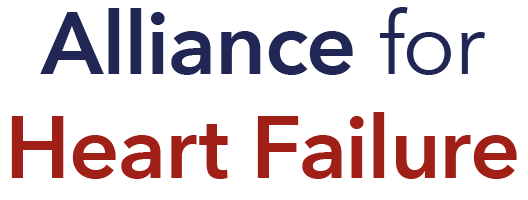Impact of the pandemic highlights long standing problems with heart failure services
The impact of the Covid-19 pandemic on access to heart failure services is undoubtedly the major theme of the 2022 National Heart Failure Audit. However, the Alliance for Heart Failure believes that there are a number of longstanding issues that have been exacerbated, rather than caused, by the pandemic.
In particular, the NICOR report which analyses data from 2020-21, highlights a serious issue with access to echocardiography services, a vital diagnostic tool for heart failure, as well as a worrying problem with follow up specialist care and cardiac rehabilitation for those living long-term with the illness. It also highlights the chronic challenge of training and developing echocardiographers to ensure sufficient resources to meet demand in the future.
Louise Clayton, Advanced Nurse Practitioner and co-chair of the Alliance for Heart Failure, said:
“The pandemic has left much out of our control when it comes to delivering heart failure services. With a drop of 11% in heart failure admissions and cardiac rehabilitation rates falling to just 12% of all patients, the ongoing backlog of patients will now test some of the longstanding problems with heart failure provision.
“In particular, we continue to see a serious problem with access to echocardiography, with just under half of hospitals (48%) achieving an echocardiography rate of 90% or more, a decrease of 13%. Both recruitment and retention strategies are needed to address this workforce shortage, as well as an urgent review of pathways between primary and secondary care to ensure those most at need have timely access to the service.
The Alliance is also concerned about the impact on community care. Louise Clayton added:
“The delays and inefficiency in diagnosis and treatment optimisation revealed by the NICOR report may ultimately lead to worse patient outcomes, adversely impacting on the investment by the NHS in community care.
“As we continue to face challenges from the pandemic, highlighting and sharing best practice across pathways is a short-term priority for ensuring the best possible outcome for heart failure patients. The Alliance would like to see NICOR’s important findings translated into practical recommendations that Trusts can apply to improve patient care.”
